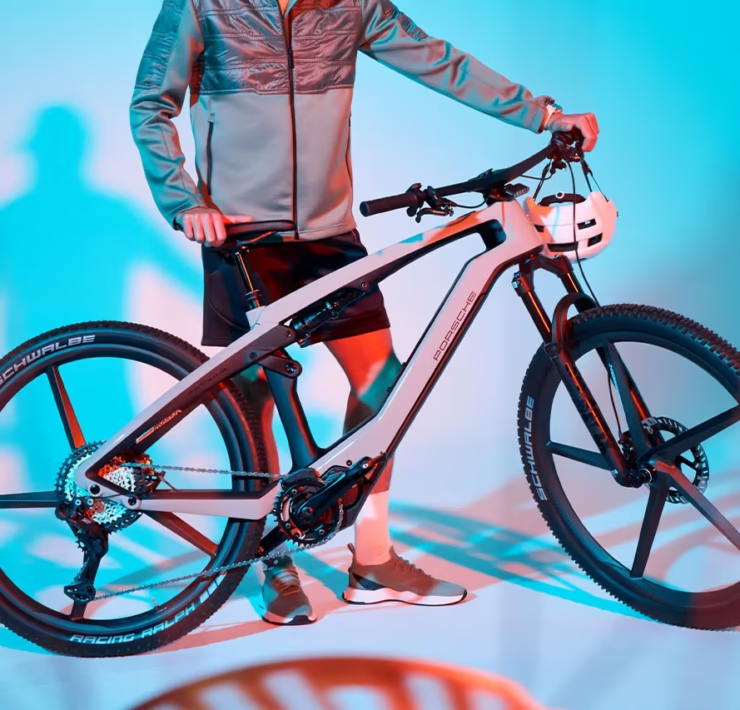
For arid climates like the Middle East that are still grappling with water scarcity, the solution could be lying on the rooftop of ETH university’s building in Zurich.
The condenser developed using a small device made up of a specially coated glass pane, and a cone-shaped solar radiator could be the first big breakthrough for zero energy water harvesting from the atmosphere.
Iwan Hächler, a young doctoral researcher at the public research university, says the zero-energy condenser is a much more energy-efficient solution for addressing water shortages than the desalination process that is commonly used in the GCC countries for potable water supplies.
“While desalination is an option to produce drinking water out of salty saline water, it requires a lot of energy, and the impact is something to consider if we want to make the shift towards renewable energy,” said Hächler.
While 40 percent of the world’s population is affected by water scarcity, he says there is enough water in the atmosphere if we have the right harvesting techniques.
Researchers at ETH Zurich have now developed a technology that, for the first time, allows them to harvest water 24 hours around the clock, with no energy input, even under the blazing sun. The new device essentially consists of a specially coated glass pane, which both reflects solar radiation and also radiates away its own heat through the atmosphere to outer space. It thus cools itself down to as much as 15 degrees Celsius below the ambient temperature. On the underside of this pane, water vapor from the air condenses into water.
“This is completely energy neutral. You place it there, let it run, and it gives you drinking water,” said Hächler. An optimal 64 percent humidity or higher is needed for water harvesting, which the researcher said is perfect for the Middle East and GCC specifically.
Hächler said the small prototype could generate 1.2 liters of water per day, and the device costs $20 (Dh70). The technique is not designed to supply water for a whole city, admits Hächler. “But it can be used in remote locations where there are no water supplies.
He said he has been contacted by an entity in Oman for the use of the water condenser in their goat farms. “I have also been contacted by water consultants in the Middle East countries like Saudi Arabia’s Neom and the Red Sea Project for knowledge transfer and idea generation, said Hächler.
Though Hächler’s prototype cannot compete with desalination yield-wise, he says it is important to put things in perspective and look at future ways to harvest water with zero energy.
Recently, the Israeli-based water technological company Watergen, which produces water from the air, has installed water dispensers across the UAE capital. Watergen’s technology extracts water from the air using a heat-exchange technology that produces water in a significantly short time. Their technique requires only 20 percent of humidity, making it compatible with desert-like conditions such as the UAE.
Watergen’s largest machines can provide 6,000 liters of water in a day and have already been used to support villages in Africa and hospitals in the Gaza Strip.
(Except for the headline, this story has not been edited by The Technology Express staff and is published from a syndicated feed)














